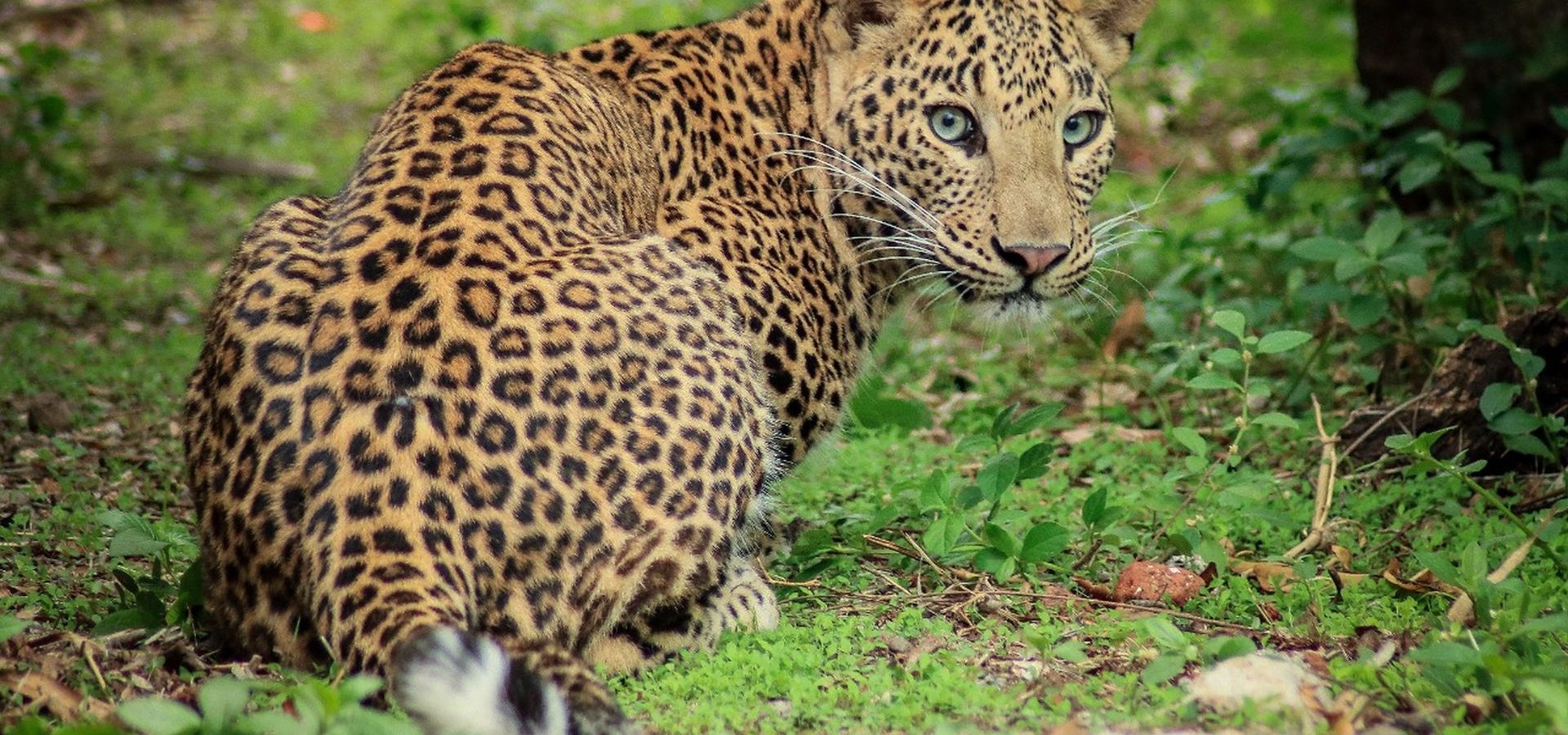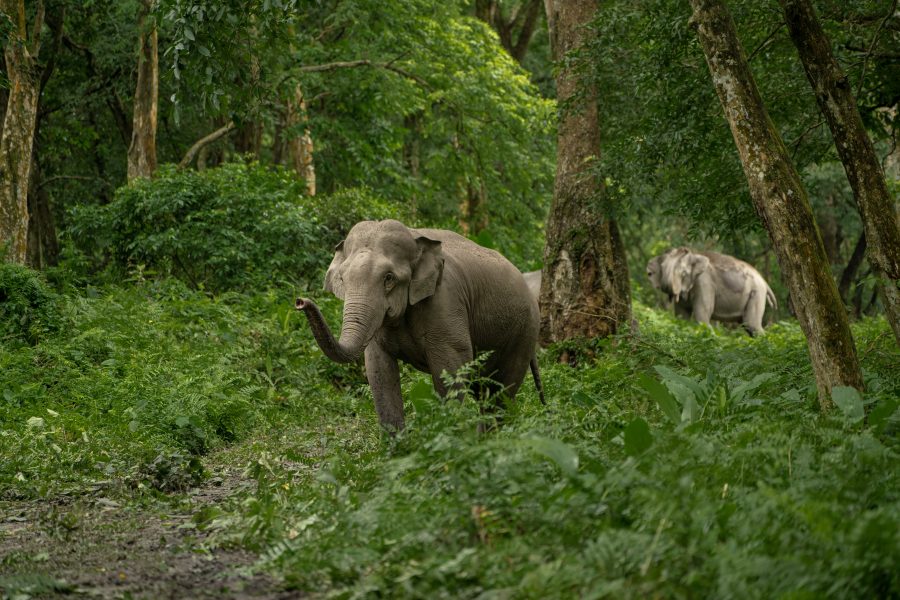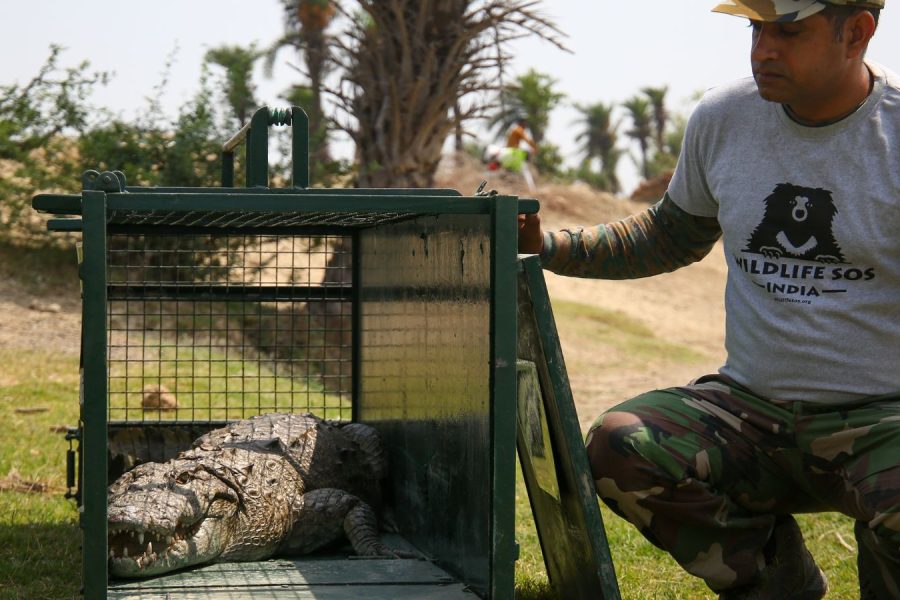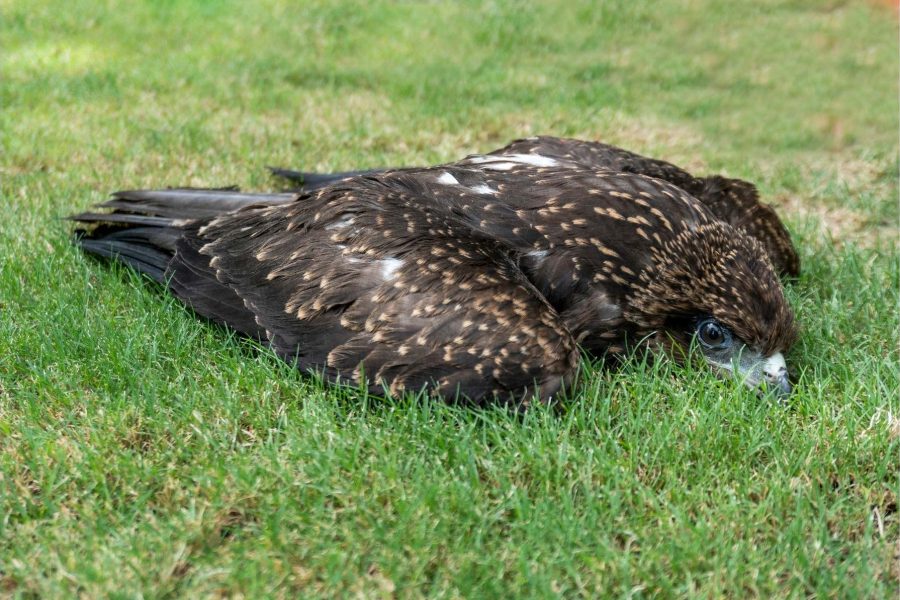In an effort to help identify and diffuse situations of human-leopard conflict, Wildlife SOS conducts regular training workshops for village rescue teams in Maharashtra. These teams have been trained to assist in crowd-control during rescue operations or taking urgent steps when an animal is in danger of losing its life. In this blog, we will elaborate on the importance of community participation towards conservation efforts and how we, at Wildlife SOS, are undertaking steps in involving local communities in the same.
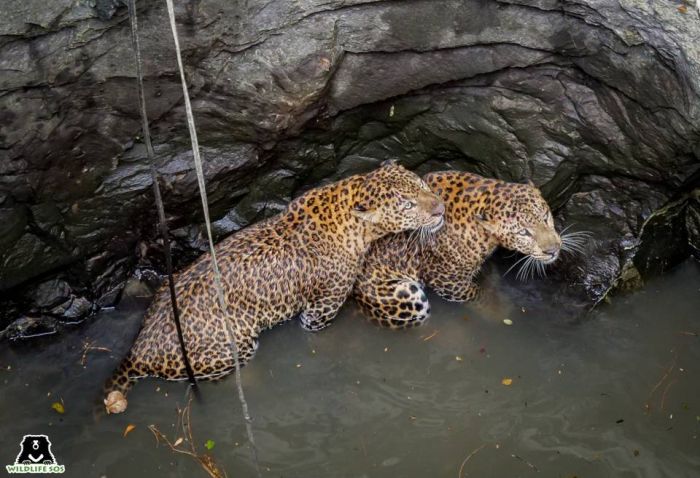
As the human-animal conflict continues to plague the fringe agrarian communities of India, conservationists continue to pursue more sustainable and effective ways of conflict mitigation. From planning to management and inclusivity in decision making, involving indigenous villagers as stakeholders in the process of conservation is instrumental to yielding success. This highlights the fact that community participation is one of the most effective methods to enable true conflict mitigation and preservation of wildlife.
Our work in this field for over two decades has proved the above statement to us many times over. From the WSOS Tribal Rehabilitation and Livelihood Support programs to conducting village awareness workshops – community participation is very intricately interwoven in our efforts.
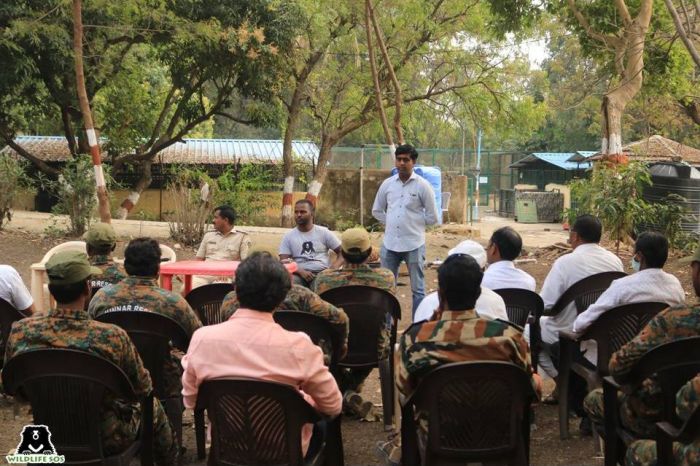
To ensure that the ideas of conservation permeate the collective consciousness of communities that live on the fringes of the forest in Maharashtra, every two months, we conduct awareness workshops in villages across Junnar division and train small bodies of villagers who make up our ‘village rescue teams’. These workshops are organized by Wildlife SOS in collaboration with the Forest Department and cover the gamut of conflict mitigation and the dos & don’ts of tackling issues stemming from human-wildlife interaction. As the COVID-19 pandemic gathered speed in 2020, these workshops had to be halted.
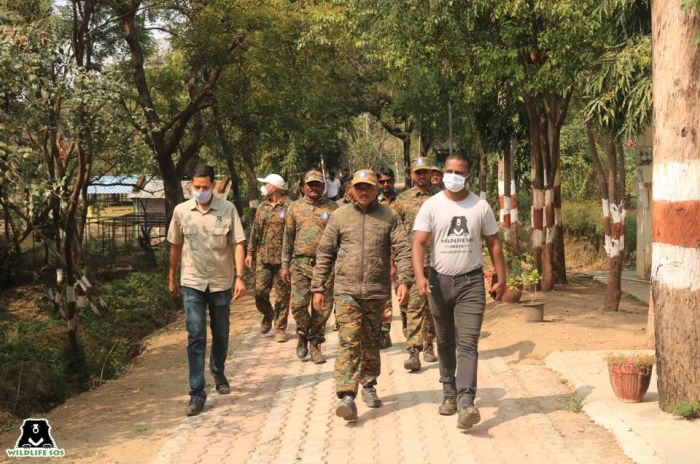
While we continue to transition towards normalcy amidst the pandemic, our training and awareness workshops too have resumed, keeping in mind the necessary health and safety protocols. Recently, our team consisting of Wildlife Veterinary Officer Dr. Nikhil Bangar and Veterinary Assistant Mahendra Dhore conducted a workshop for WSOS Village Rescue Teams tackling the topics of emergency procedures to be conducted during a conflict situation at the Leopard Rescue Centre in Junnar. The workshop was also aimed at educating officials from the Forest Department on the steps to be followed during a rescue and safety precautions to be undertaken.
Amongst the many topics covered were – darting procedure, safety measures and advantages of microchipping animals for Forest Officers and veterinarians, and identifying spoor tracks of wildlife, avoiding equipment like jaw traps for keeping wild marauders away, what to do in case of a conflict situation, crowd control, protective measures and first aid for villagers.
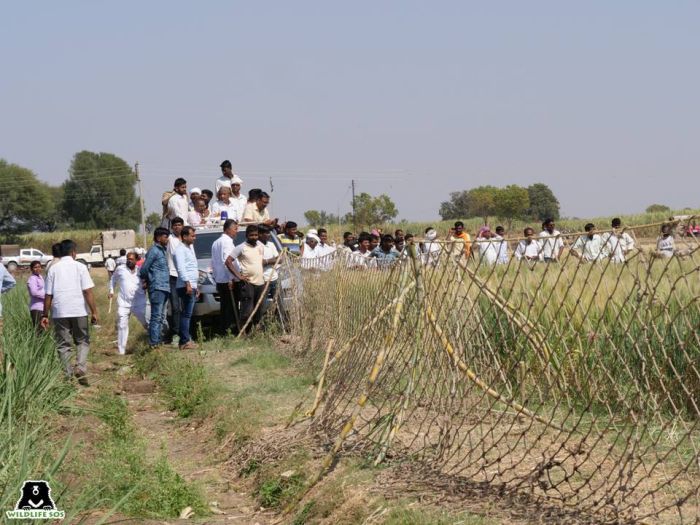
Each workshop consists of approximately twenty people, and they dive into elaborately new topics every week. The workshops consists of a theory aspect which provides information about reacting in difficult situations while the practical aspect is a simulation of different circumstances where the participant’s reactions are gauged. Field visits are also a part of these workshops. As poaching remains a major threat, the awareness workshop also elaborated on keeping an eye out for suspicious activity in and around their villages so perpetrators can be booked.
To read more about man-animal conflict and the threats it poses to our country’s wildlife, head to our blog here.

